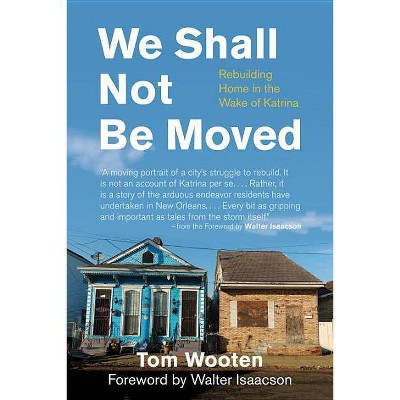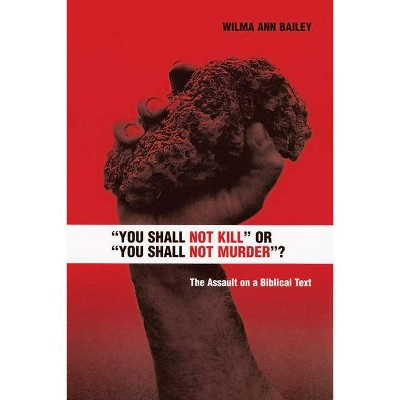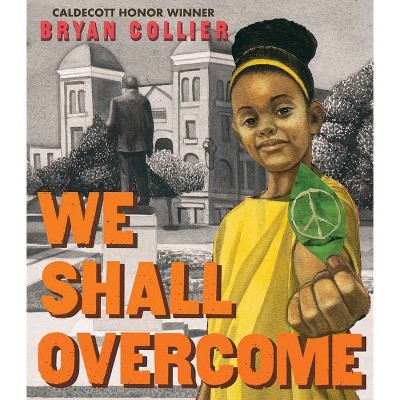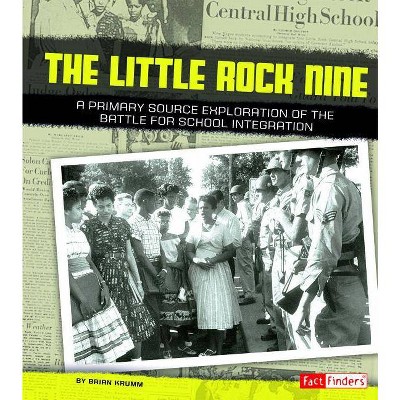We shall not be moved - by Brian Marren (Paperback)
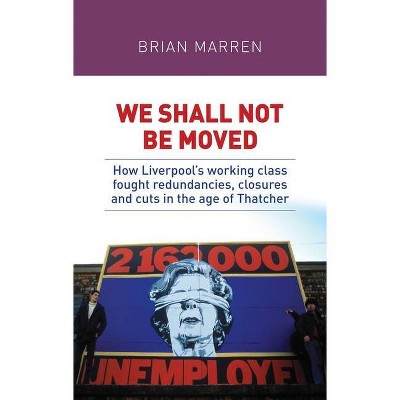
Similar Products
Products of same category from the store
AllProduct info
<p/><br></br><p><b> Book Synopsis </b></p></br></br><p>The city of Liverpool had frequently been prone to industrial unrest for most of its recent history, but it was the dawn of Thatcher and the sanctioning of neoliberal economic strategies which made Liverpool a nucleus of resistance against the encroaching tide of right-wing politics and sweeping de-industrialisation. This critique explores six case studies which will illustrate how elements of a highly politicised local working class fought against the rapid rise in forced redundancies and industrial closures. Some of their responses included strikes, factory occupations, the organisation and politicisation of the unemployed, consent to radical left-wing municipal politics, as well as tacit endorsement a period of violent civil unrest. This critique concludes that in the range, intensity and use of innovative tactics deployed during these conflicts, Liverpool was distinctive.</p><p/><br></br><p><b> From the Back Cover </b></p></br></br><i>We shall not be moved</i> provides a detailed analysis of the range and depth of responses by Liverpool's working class to the onslaught of compulsory redundancies, factory closures and government cuts on Merseyside during the age of Thatcher and beyond. The last quarter of the twentieth century brought enormous change to working-class Britons. This transformation came mainly in the form of widespread industrial closure and the penury associated with permanent unemployment. The presence of mounting joblessness was arguably the most pervasive feature affecting both the economy and society of Liverpool during this period and the despair of idleness and economic deprivation blighted Merseyside to a significantly greater extent than any other major British conurbation. Whilst Liverpool and the surrounding Merseyside region had frequently been prone to industrial unrest since 1945, it was the dawn of Thatcher and the rise of neoliberalism that made the city a nucleus of resistance against the encroaching tide of right-wing politics and sweeping deindustrialisation. Using oral history, backed by unique archival sources and statistics, this critique explores six case studies to illustrate how elements of a highly politicised working-class fought against the rapid rise in forced redundancies and industrial closure. Some of their responses included strikes, factory occupations, the organisation and politicisation of the unemployed, embracement of radical left-wing municipal politics, as well as violent civil unrest. This critique concludes that in the range, intensity and use of innovative tactics deployed during these conflicts, Liverpool was distinctive. This book will appeal to university students, post-graduates and lecturers in British social, economic and political history and urban studies.<p/><br></br><p><b> Review Quotes </b></p></br></br><br>'Overall, Brian Marren has produced a very good book which for many years to come, will certainly contribute to the debate about political activism during the Thatcher years. Furthermore, through the gradual release of government archives and as historians begin to research the 1980s in greater depth, this study will in no doubt, feature in a number of books and articles about Liverpool and the Merseyside region, especially when reflecting how far the city has travelled and progressed over the past few decades.' <b>Neil Pye, <i>University of Huddersfield</i>, </b>Labour History Review<br><p/><br></br><p><b> About the Author </b></p></br></br><br><strong>Brian Marren</strong> is an Independent Researcher specialising in the social and labour history of Contemporary Britain<br>
Price History
Price Archive shows prices from various stores, lets you see history and find the cheapest. There is no actual sale on the website. For all support, inquiry and suggestion messages communication@pricearchive.us
